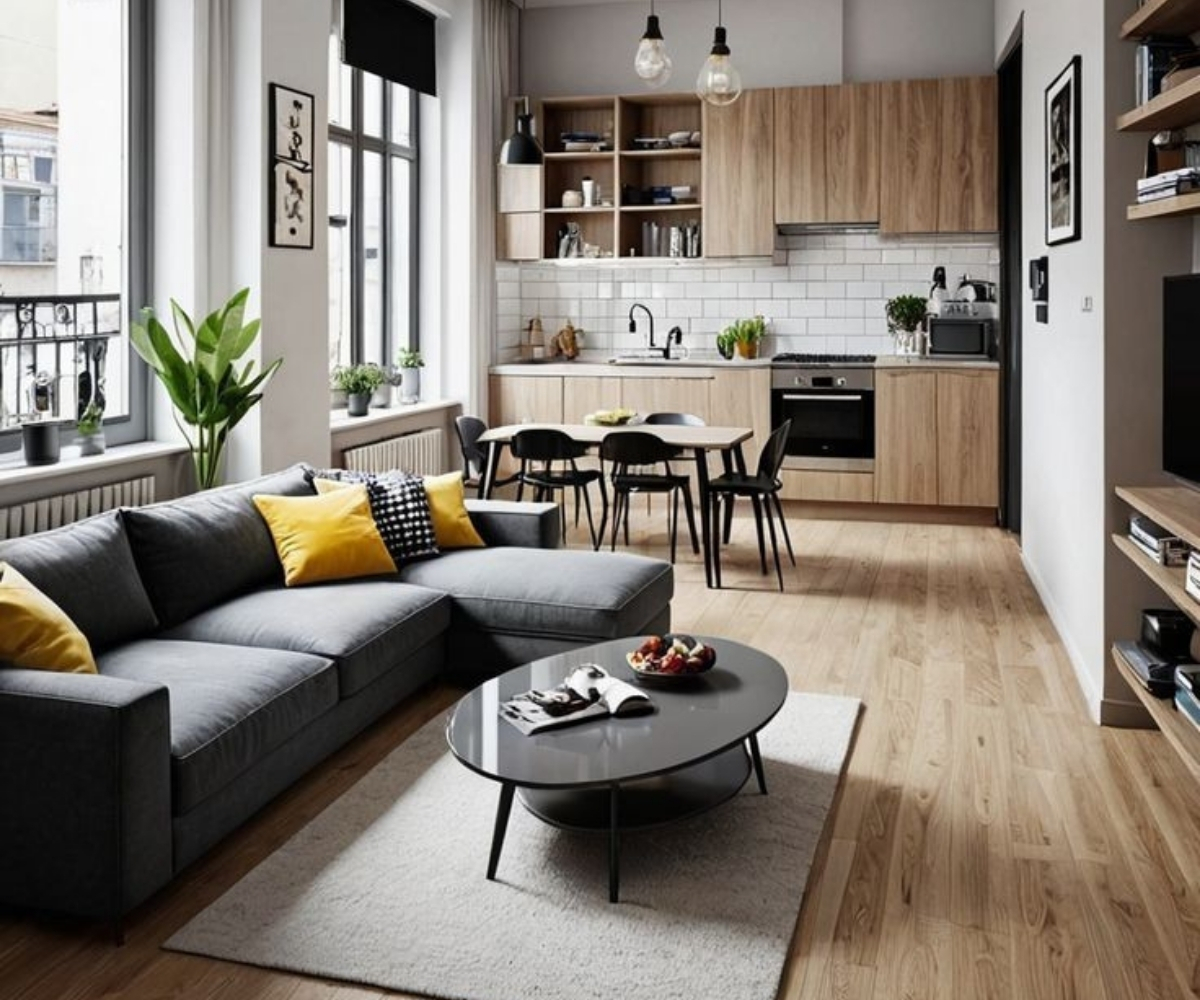Choosing Between a Farmhouse and a Villa: Lifestyle or Investment?
In today’s fast-paced world, choosing the right home means finding a space that aligns with both your lifestyle and investment goals. While farmhouses offer a peaceful retreat surrounded by nature, villas provide modern comfort in well-connected urban environments. But which one is best for your needs—daily living or long-term investment?
Let’s explore the differences, benefits, and drawbacks of both options to help you decide wisely.
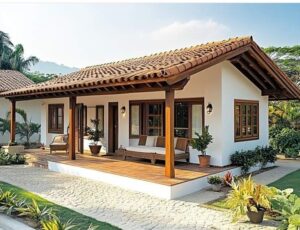
What Defines a Farmhouse?
A farmhouse is a residential property usually located in rural or semi-rural areas, often surrounded by greenery or agricultural land. Originally intended for farmers, these homes are now favored by those looking for a quiet escape from city life. They are commonly used as vacation retreats, retirement homes, or wellness getaways.
Key Features:
- Located on the outskirts of cities or in villages
- Built on large plots, often with gardens or farmland
- Designed in a rustic, nature-friendly style
- Can be used for agritourism, homestays, or farming income

What Makes a Villa Unique?
A villa is a luxurious, independent home usually found in cities, suburbs, or gated communities. Villas are associated with upscale living, modern amenities, and privacy within a secure, managed setting. They are ideal for families and professionals looking for comfort and convenience.
Key Features:
- Located in urban or suburban areas
- Modern design with premium features like pools or smart tech
- Part of gated communities with shared amenities
- High resale value and strong rental demand

Farmhouse vs Villa: A Quick Comparison Table
| Factor | Farmhouse | Villa |
|---|---|---|
| Location | Rural or outskirts, surrounded by nature | Urban or suburban, often in gated communities |
| Plot Size | Large, open space with farming or gardens | Smaller plots with private gardens or patios |
| Architecture | Rustic and natural | Modern and luxurious |
| Cost | Lower land cost, higher maintenance | High initial cost, lower maintenance |
| Lifestyle | Peaceful, nature-focused, more private | Convenient, secure, and connected |
| ROI | Income from tourism/farming, slower appreciation | High resale value and rental demand |
| Security | Basic, unless upgraded | Advanced with surveillance and gated access |
Why Choose a Farmhouse? Key Advantages
- Spacious and Private: Farmhouses are built on large plots, offering ample space for outdoor living, gardening, or recreation.
- Closer to Nature: Surrounded by greenery, they offer fresh air, scenic views, and a peaceful atmosphere ideal for relaxation.
- Lower Initial Investment: In many regions, farmland or semi-urban plots are more affordable than city properties.
- Extra Income Potential: Convert your farmhouse into a farm stay, wellness center, or vacation rental for passive income.
- Custom Lifestyle: Ideal for organic farming, pet keeping, or creative hobbies like pottery or painting.
What Are the Limitations of Farmhouse Life?
- High Maintenance: Requires constant upkeep, especially for larger land areas or if used for farming.
- Fewer Amenities Nearby: Access to hospitals, schools, or markets may require long travel.
- Security Concerns: Remote locations can be more vulnerable unless secured with fences, CCTV, or guards.
- Construction Challenges: Requires expert planning, legal clearances, and utilities setup.

Top Benefits of Owning a Villa
- Modern Amenities: Access to clubhouses, swimming pools, landscaped parks, and smart home systems.
- Better Security: Gated entries, 24/7 guards, and surveillance systems ensure safer living.
- Urban Connectivity: Proximity to hospitals, schools, malls, and offices makes life easier.
- High Rental Returns: Villas attract premium tenants and offer better rental income, especially in metropolitan areas.
- Low Maintenance: Many villa communities have maintenance services for landscaping and repairs.
Are There Any Downsides to Villas?
- Expensive to Buy: Villas command high prices due to location and luxury features.
- Less Outdoor Freedom: Smaller garden spaces, limiting large-scale gardening or outdoor activities.
- Privacy Limitations: Shared walls or proximity to neighbors may reduce solitude.
- Limited Personalisation: Buying a ready-made villa may restrict floor plan customization.
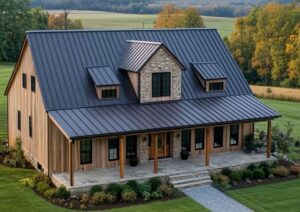
Farmhouse vs Villa: Cost and Maintenance Analysis
- Farmhouses: Lower cost per square foot, but high ongoing costs for upkeep and security. Ideal for those with long-term vision and self-sufficiency.
- Villas: Higher initial purchase cost, but better-managed maintenance and greater convenience. Perfect for hassle-free luxury living.
Which Property Offers Better ROI – Farmhouse or Villa?
- Farmhouses: Good for long-term gains and rental income through tourism or eco-stays.
- Villas: Faster appreciation, easier to sell or rent in high-demand urban markets.
Which Is Better for Everyday Living?
- Choose a Farmhouse if:
- You value peace, greenery, and organic living
- You’re retired, a nature lover, or a remote worker seeking quiet
- You prefer large open spaces over urban convenience
- Choose a Villa if:
- You want modern comforts with minimal upkeep
- You live with family and need access to schools, offices, and hospitals
- You seek a premium lifestyle with added security and amenities
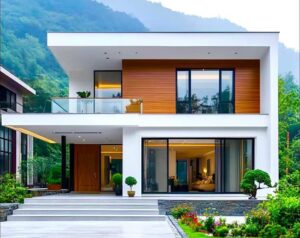
Farmhouse or Villa: Which Suits You Best?
- Choose for a Farmhouse if:
- You are okay with slower appreciation
- You aim to generate income through tourism or retreats
- You’re looking to diversify your investment portfolio
- Choose for a Villa if:
- You want faster ROI
- You plan to rent or resell in a competitive urban market
- You prefer liquid assets with strong demand
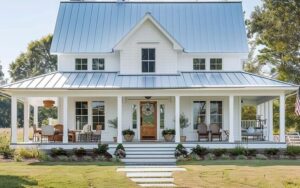
Final Thoughts: Making a Smart Real Estate Decision
The choice between a farmhouse and a villa depends entirely on your lifestyle and financial goals. Farmhouses offer serenity, space, and nature, ideal for those wanting a peaceful escape or an income-generating getaway. Villas provide luxury, convenience, and security in well-connected areas, perfect for modern families and investors.
Before making a decision, evaluate your priorities—whether it’s daily comfort, rental potential, or long-term value—and consult a property expert if needed. Both options have their strengths; the better one is the one that suits you.





